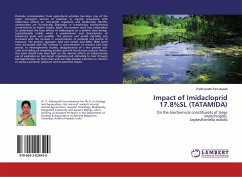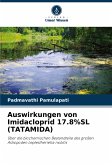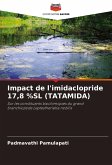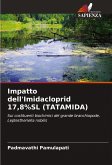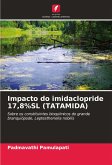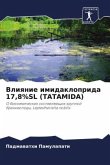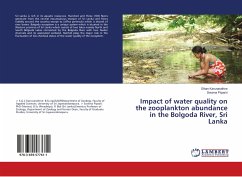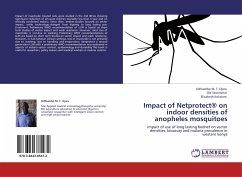Pesticide contamination from agricultural activities has been one of the major non-point sources of pollution in aquatic ecosystems with deleterious effects on non-target organisms and biodiversity. Benthic communities are functionally important in transferring environmental contaminants to higher trophic levels. The present work was undertaken to understand the toxic effects of Imidacloprid on a benthic clam shrimp, Leptestheriella nobilis which is predominant and characteristic of temporary pools and puddles. The percent and probit mortality was increased with the increase in concentration of pesticide and period of exposure. The protein, glycogen, lipid and nucleic acid (DNA, RNA) levels were decreased with the increase in concentration of toxicant and time period. In electrophoretic studies, disappearance of a few protein sub-units and fading of remaining protein sub-unit bands were noticed. Hence, this work should help shed light on the adverse effects of indiscriminate use of pesticides on non-target organisms and ultimately to man through biomagnification via food chain and can help develop indicators or markers to assess a particular pollutant and its potential impact.
Hinweis: Dieser Artikel kann nur an eine deutsche Lieferadresse ausgeliefert werden.
Hinweis: Dieser Artikel kann nur an eine deutsche Lieferadresse ausgeliefert werden.

